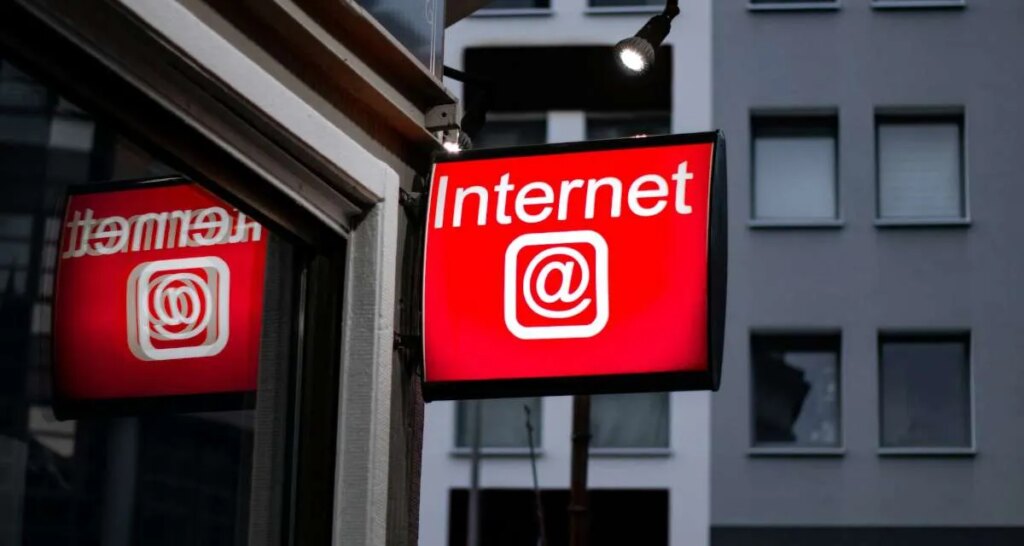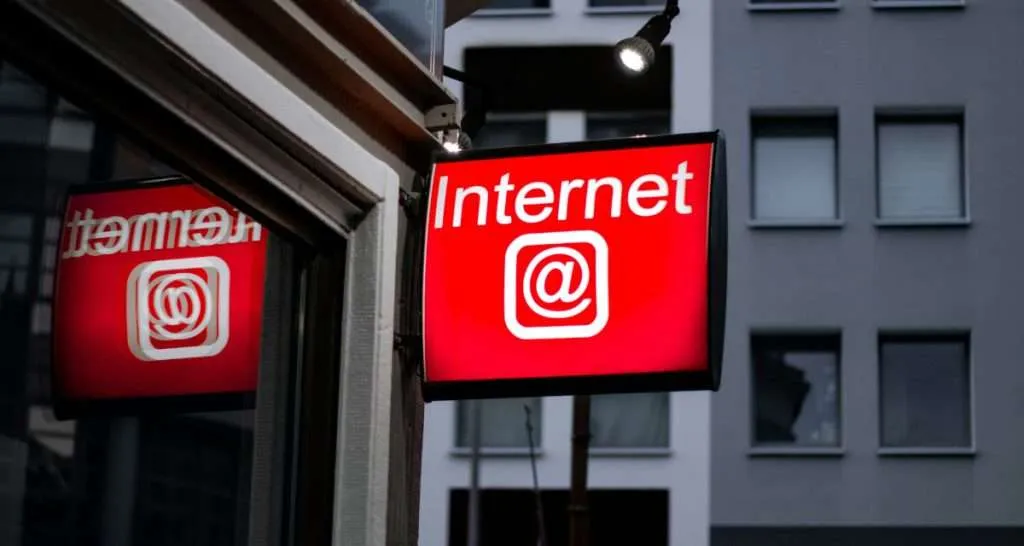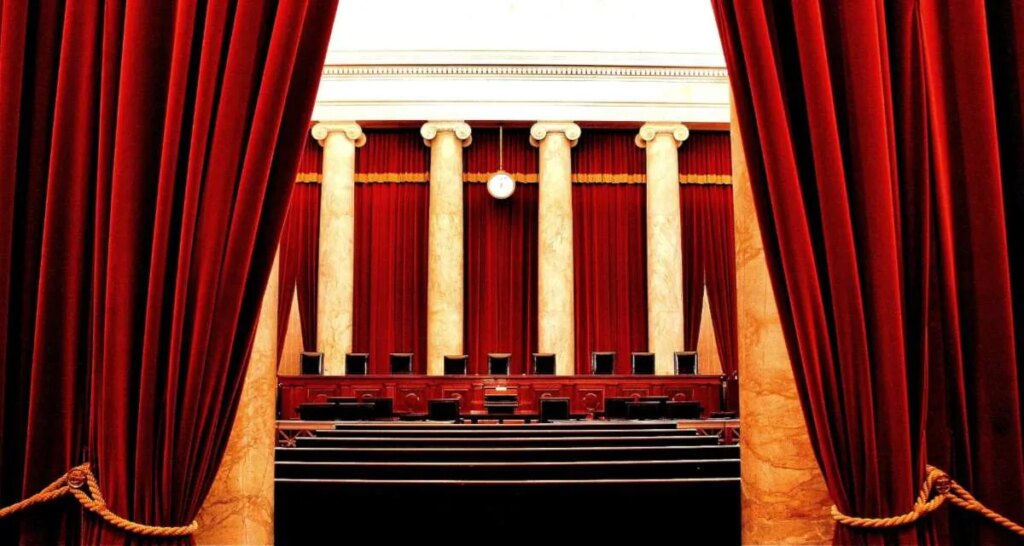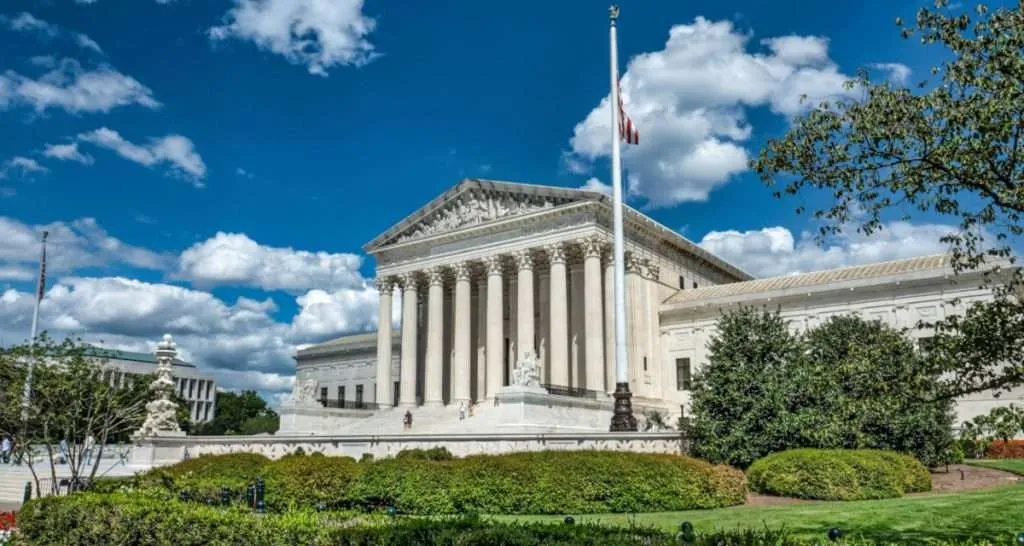ISPs Rally in Cox v. Sony Supreme Court Battle — As the ACLU, EFF, U.S. Government, and Many Others Submit Briefs of Their Own

Photo Credit: Leon Seibert
Amicus briefs are still rolling in as part of the Cox v. Sony Supreme Court battle. Now, different ISPs are among the many parties posing questions ahead of the high-stakes ruling.
Grande Communications and Altice USA just recently submitted briefs of their own, joining the U.S. government, all manner of tech giants, Twitter/X, the ACLU, the EFF, and a variety of others yet. It probably doesn’t need saying in light of this list or the forum, but there’s quite a lot riding on the decision for the involved parties.
And that’s especially true for Grande, Altice, and Cox, each of which has faced or is facing music-focused copyright lawsuits concerning their alleged failure to terminate repeat infringers’ accounts.
Furthermore, as emphasized in Altice’s submission, these suits mean ISPs are grappling with billions in potential liabilities – and, unless something changes, will likely encounter far-reaching operational obstacles down the line.
“Cox faced a $1 billion verdict,” Altice penned, “Frontier is currently defending a $400 million lawsuit, Altice USA is defending a lawsuit with an immense range of potential statutory damages, and recent press reports suggest Verizon is facing up to $2.6 billion in potential liability—all because they failed to terminate internet accounts allegedly used for copyright infringement.
“The extortionate pressure such lawsuits exert is acute,” the ISP proceeded. “And the mass terminations they encourage would harm innocent people by depriving households, schools, hospitals, and businesses of internet access.”
As those who’ve followed our prior coverage will recognize, this argument isn’t new – nor are qualms pertaining to previous findings in the marathon Cox case and the accuracy of infringement notices.
However, said argument has taken center stage at the Supreme Court level, whereas descriptions of allegedly comprehensive infringement-notification responses have become rarer.
Additionally, Altice took things a step further in its brief by directly calling out the huge damages verdicts relative to the cost of music subscriptions.
“It would be one thing if the damages in these cases stemmed from any real calculation of pocket-book harm to the music-industry plaintiffs,” the ISP added. “But consumers can buy access to nearly all recorded music in existence for $11.99 per month… Small wonder, then, that the actual monetary harm here was in the thousands of dollars for the approximately 10,000 infringed works [in the Cox suit]—a number dwarfed by respondents’ billion-dollar statutory-damages verdict.”
Meanwhile, Grande covered several of the same points in its brief, underscoring the “exceptionally important” liability question as well as considerations associated with compelling service terminations for infringement notifications.
“How many notices are enough?” Grande asked on the termination front, proceeding to cover false infringement allegations and plenty of different angles. “Two? Ten? More? What if the first notice is doubtful—or the subscriber offers a legitimate excuse or promises not to do it again? Still credit the violation? What if the notices are separated in time (say the second arrives a year after the first? six months? five weeks?)? When, if ever, does the clock reset?”
Of course, X isn’t an internet service provider and therefore doesn’t have a ton to say regarding infringement-notice-prompted service terminations.
But the platform is facing a copyright suit from music publishers, and in its brief, it dove into the current “overbroad application of contributory infringement” and the wider free-speech fallout thereof.
“Rather, in X Corp.’s experience, copyright-infringement notices implicate ordinary Americans posting about the events and experiences in their lives that incorporate portions of copyrighted works,” the company wrote.
“Declining to take away an important tool of expression from these ordinary Americans is not the kind of inaction that the doctrine of contributory or aiding-and-abetting liability was meant to reach,” proceeded X, which in June jointly moved to stay its copyright case amid settlement discussions.
Link to the source article – https://www.digitalmusicnews.com/2025/09/12/cox-communications-supreme-court-isp-briefs/
-
Cubilux USB C to Guitar Adapter, Type C to Bass Guitar/Keyboard/Digital Piano Converter Compatible with iPhone 15+/15 Pro Max, iPad Pro/Air 5 4, Samsung S23/S22/S21/S20 Tab S8 S7 S6, Pixel 8/7/6 Pro$24,90 Buy product
-
LEKATO Percussion Sample Pad, Electric Drum Pad with 9 Velocity-Sensitive Drum Pad, 600+ Sounds, Electronic Drum Set Pad Multipad with MIDI out, USB MIDI, AUX, Looper, Metronome, Trigger inputs$279,99 Buy product
-
Razer Seiren Mini USB Condenser Microphone: for Streaming and Gaming on PC – Professional Recording Quality – Precise Supercardioid Pickup Pattern – Tilting Stand – Shock Resistant – Classic Black$49,99 Buy product
-
Sound Innovations for Concert Band, Bk 1: A Revolutionary Method for Beginning Musicians (B-flat Clarinet), Book & Online Media$11,99 Buy product
-
Squier by Fender Affinity Series Precision Bass PJ Beginner Pack, Laurel Fingerboard, Black, with Gig Bag, Rumble 15 Amp, Strap, Cable, and Fender Play$449,99 Buy product













Responses